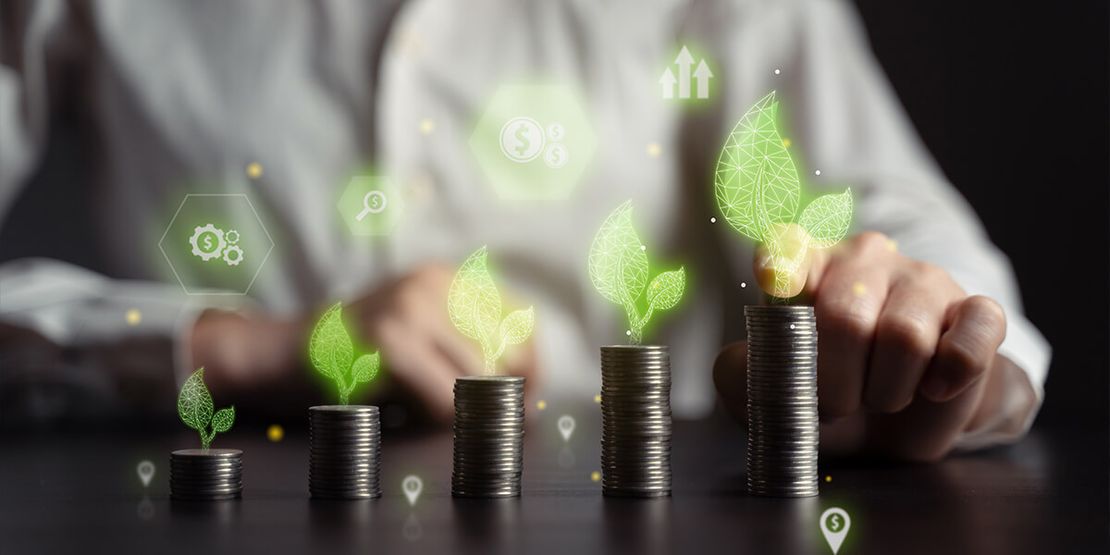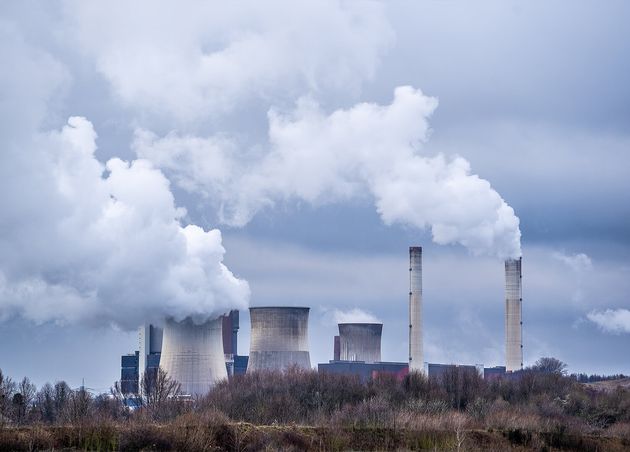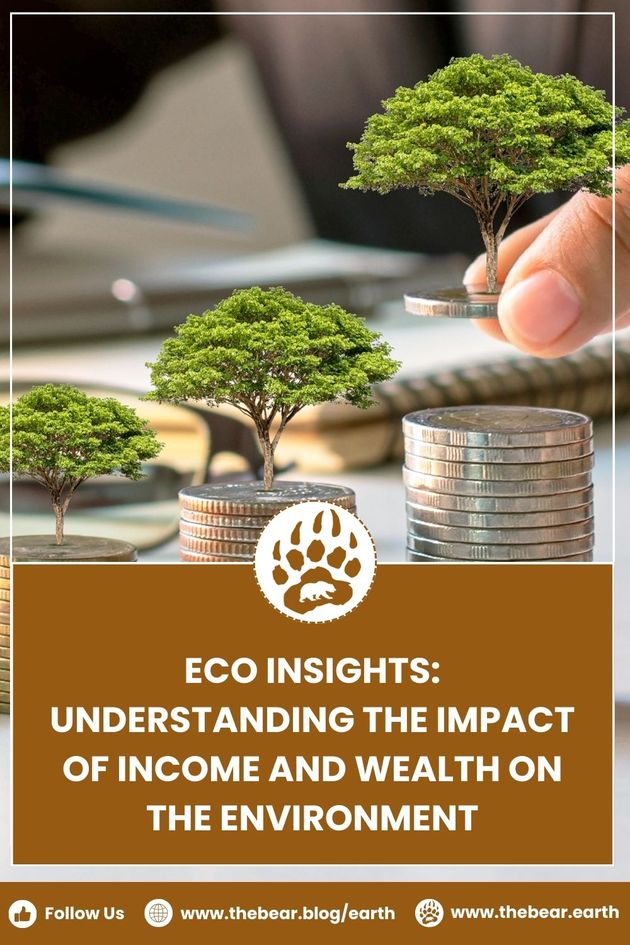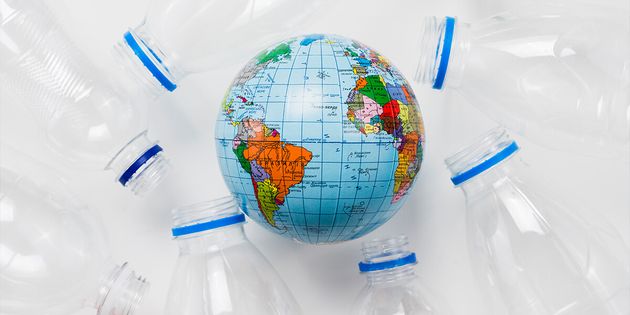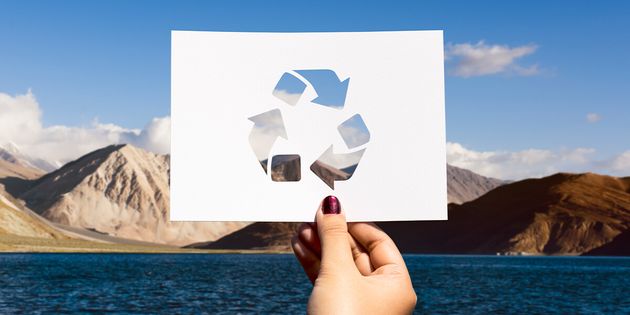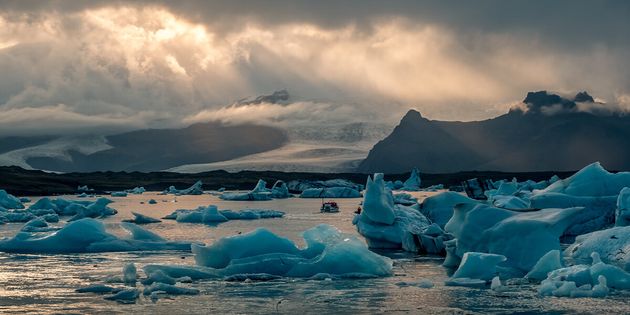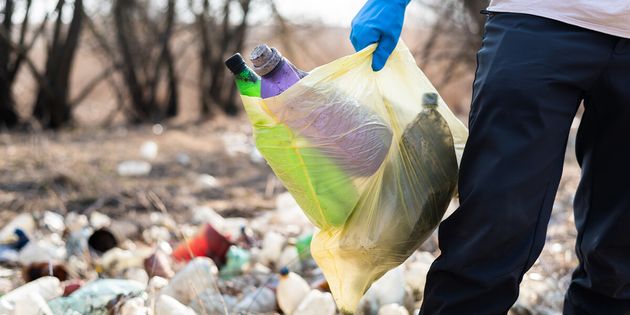Eco Insights: Understanding the Impact of Income and Wealth on the Environment
In the complex system of global sustainability, it is very important to understand the impact of income and wealth on the environment. In our daily lives, we do not give importance to these facts of how income and wealth can change the world around us. There is a deep relationship between income and wealth to maintain the environmental balance and confront problems related to this.
The well-developed countries have high income rates and the best economic situations. They can deal with problems, natural disasters, and economic issues more easily than low-income countries. Unfortunately, we are living in a world of income and wealth disparities. The distribution of income and wealth is not equal among its population. These unequal distributional trends are identified and examined using various statistical approaches.
All rely on data with differing degrees of dependability. Income is the continuous flow of money in a specific period. On the other hand, wealth is a complete asset or saving and may include bank balance, property, or any other large amount of savings. Let's explore the impact of income and wealth on the environment to clarify the picture.
🌏 Eco Trivia:
About 91% of farmers in the US have crop insurance to handle the loss if any natural disaster hits. Similarly, in India, just 15% of farmers have crop insurance.
The Negative Impact of Income and Wealth Disparities
The increasing disparities between income and wealth are creating disparities in the environment. It has a negative impact not only on society but also on the environment and its resources. The unequal distribution of the resources may lead to unequal access to opportunities. Some of these are as follows:
#1 Climatic Disasters
Sudden climatic changes cause climatic disasters. Countries with high poverty rates and low income cannot handle such situations. Countries with great wealth, good development, and resources can easily manage such situations and cope with the damage. Their infrastructure is the actual reason for this. They spend their resources on making such reforms.
On the other hand, countries with low incomes need to have such facilities. This unequal distribution of income and wealth leads to drastic damage because of natural disasters like earthquakes and floods. These disasters also damage the economic situation of the less developed country. In 2022, West and South Africa were hit by the deadliest flood, ending in the death of many people. This flood was a natural disaster due to climate change and a lack of resources and management.
🌏 Eco Fact!
In 1995, Japan was hit by a massive earthquake. About 70- 80% of their railway tracks were affected. But due to high resources and opportunity, they just made it functional within a month.
#2 Environmental Pollution
Income and wealth disparities harm environmental pollution. There is a huge difference in managing air, water, and land pollution. Low-income countries need such resources to recycle their waste properly. Compared to these countries, well-developed and high-income countries have a proper setup to dispose of their waste and recycling units.
#3 Disease Outbreak
The disease outbreak, whether endemic or pandemic, harms the community if they do not have proper management resources. The low-income countries will not have proper hospitals, medications, and hygienic environments because of limited resources. It has been observed that low-world countries mostly have outbreaks of diseases like cholera, diarrhea, plague, and many others. Africa is considered a third-world country and has a lack of facilities. About 78% of the death toll of children (less than 5 years) occurs every year due to a malaria outbreak. This only happens because of the resources and lack of management.
Impact of Business on the Environment
The impact of business on the environment is becoming crucial these days. Businesses are under pressure to make strategies that must protect the surroundings. Over the past few years, high-income countries have made sure to evaluate and lessen the negative impact of businesses on the environment. When we talk about the consequences of business operations, practices, and goods on the environment, we talk about resource consumption, pollutant emissions, and climate change contributions. Low-income countries have no such resources, which will lead to the following side effects on the environment:
#1 Greenhouse Effect
The industrial revolution is the major reason for the greenhouse effect. About 70- 80% of harmful gases are released in the air. These gases include chlorofluorocarbons, carbon dioxide, and carbon monoxide. As a result, the temperature of the earth is getting higher. Low-income countries are more affected by income and wealth disparities. They do not have such resources and opportunities to make strategies to reduce environmental pollution. According to a 2020 report, China has been producing many greenhouse gases. Its percentage is about 26%, the major cause of global warming and climatic change.
#2 Soil Erosion
Soil erosion is also caused by massive land destruction and industrialization. High-income countries open new industries and turn the land into less productive land. They are also responsible for the land pollution and increased natural disasters. The urbanization results in about 11-12 million hectares of land destruction. The livelihood of low-income countries depends on the food obtained from this soil. The massive destruction not only damages the source of their food but also their source of income.
#3 Deforestation
The increasing urbanization and involvement of high-income countries in making housing societies are causing deforestation. Most of the forests are in low-income countries, and they are highly affected by this destruction. Deforestation also results in natural disasters and imbalances in environmental sustainability. Brazil and South America are the countries most affected by deforestation. About 1,695,700 hectares of area have been deforested so far.
#4 Habitat Loss
Massive deforestation also affects the habitat of animals. It is the largest threat to the biodiversity. The transformation of the global landscape for the betterment of our lives is creating chaos. It is highly responsible for the disturbance in the ecosystem. Thousand of species are at risk of habitat loss. Low-income countries are mostly affected and at high risk of biodiversity loss. The habitat is lost because of increased human consumption. They focus more on making buildings, roads, pipelines, and factories than protecting their environment.
Income and Wealth for Environmental Sustainability
#1 Offer Jobs to Reduce the Rate of Poverty
The adequate management of the environment plays a crucial role in its sustainability. This will support the people of low-income countries. The environment and the production of its natural resources influence the rate and pattern of general economic development. Natural resources serve as a good sign for many developing nations in their transition to development. For example, good forest management may lead to various wood processing-related enterprises, providing many job possibilities. It includes skilled and semi-skilled labor.
#2 Reversing Land Degradation
Similarly, canning and more sophisticated agro-processing businesses replace fishing in many nations with abundant fisheries resources. Reversing land degradation entails switching to more sophisticated agricultural methods: better seeds and extensive use of information technology to predict weather and market changes.
#3 Manage Ecotourism
Dependent on responsible environmental management, ecotourism is often a lucrative industry that employs skilled laborers. Therefore, increasing environmental management is closely related to modernizing the economy and expanding the range of income options. Better education and literacy rates, easier access to communications, and more involvement in international markets follow this.
#4 Renewable Energy Sources
Another concept for the maintenance of sustainability of the environment and supporting low-income countries is renewable energy investments. It will provide power through solar, hydropower, bioenergy, geothermal, and wind energy. This will decrease the reliance on fossil fuels and pollution-causing factors. The engagement of low-income countries in installing this system as labor will help a lot. It will also help in boosting economic growth and avoid climate change.
#5 Recycling
Shifting to degradable products could be the solution. It is important to make a strategy to dispose of and recycle the waste properly. Developed countries should focus on arranging such factories where people from low-income countries work and earn their livelihood.
The impact of wealth and income on the sustainability of the environment is very complex. It is evident that differences in financial resources greatly influence the environment. The side effects range from uneven reactions to natural disasters and environmental pollution control to industrial activities in low-income countries. There is an urgent need to address these issues. We are currently facing habitat loss, soil erosion, and deforestation on a huge scale.
All these environmental issues, which mostly third-world countries cannot cope with, need attention from world leaders. These are hindrances not only to environmental stability but also to economic stability. If investments are made in the renewable energy sector, they can lead to better economic conditions for low-income countries. Environmental issues are not something that can be fought alone.
The whole earth's biome is one, so there should not be any disparity because we all are suffering. Although well-established countries are dealing with it well, they also need to put a lot of effort into protecting the environment for the whole world, not only themselves.
Eco Bear


